🌍 Frontier Markets News, November 14th 2025
A weekly review of key news from global growth markets

Africa
Senegal debt slumps as government rules out restructuring
Following the conclusion of the IMF’s mission to Senegal last week, which was preempted by the government’s discovery of even more hidden debts, Prime Minister Ousmane Sonko strongly rebuffed any notion of a formal debt restructuring, calling any proposal “a disgrace” on Sunday.
Yields on the country’s 2031 bonds have increased nearly three percentage points since November 7th as markets appear to be pricing in a haircut. Neither side indicated whether the IMF’s previously pledged $1.8 billion support program would resume or if debt sustainability timelines used to measure the country’s borrowing capacity would be extended.
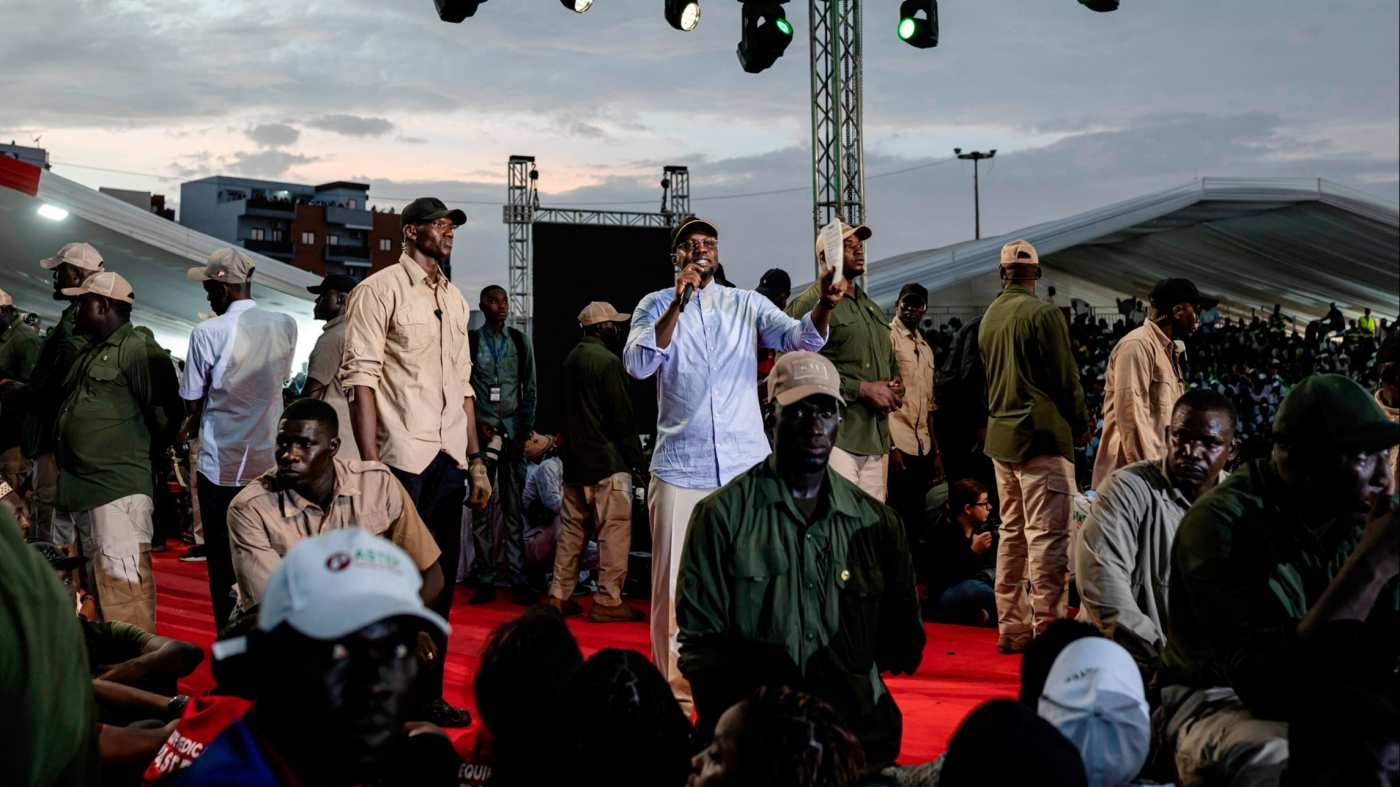
Outstanding public debt represents about 120% of Senegal’s GDP, and barring a restructuring, the government plans to tackle it by hiking taxes on gambling, mobile transfers and land ownership while phasing out exemptions and cutting spending. Dakar forecasts a 31% increase in 2026 tax revenue, roughly 3 times the historical pace.
Egypt elections expected to tighten Sisi’s grip
Egyptians began voting this week in parliamentary elections that are expected to cement President Abdel Fattah al-Sisi’s grip on power, as pro-government parties dominate a tightly managed race for the 568-seat House of Representatives. Turnout is expected to be low after years of economic hardship and a presidential vote that returned Sisi for a third term in 2023.
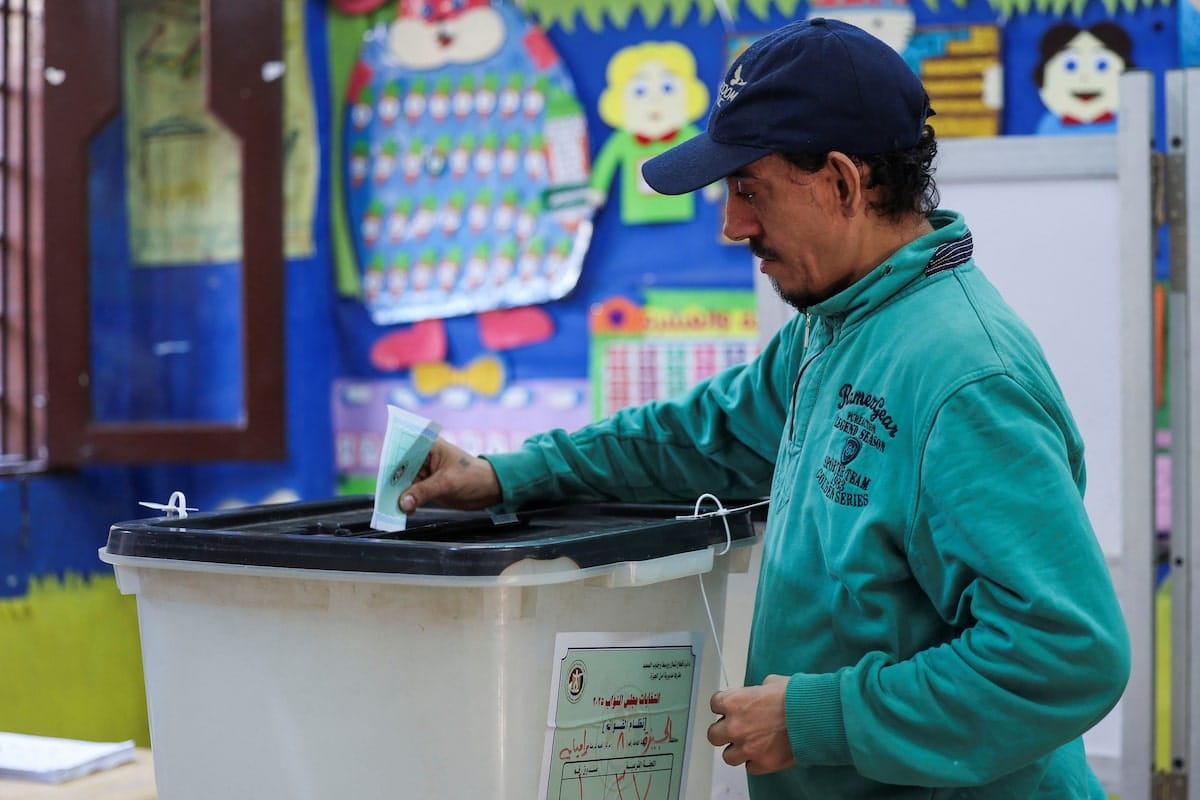
Half of the lower-house seats are chosen through closed party lists, and a pro-Sisi coalition, the National List for Egypt, is the only contender in many districts. Opposition parties are pinning their hopes on the 284 individually elected seats, where local networks and personal reputations offer a rare opening to chip away at the ruling coalition’s dominance.
The vote follows Senate elections in August in which pro-government parties won nearly all seats on the unified list amid 17% turnout, underscoring voter apathy and the marginal role of dissenting voices. Opposition groups say the two-stage parliamentary poll will largely ratify the existing order, while officials argue it demonstrates that Egypt is proceeding with gradual, carefully managed political reform.
Busy week boosts Libya’s oil and gas sector
Libya shipped its first oil exports from the long-stalled Chadar field this week, OilPrice.com reports. The 600,000-barrel shipment follows a series of announcements from the National Oil Corporation, which is trying to steady exports after years of stop-start output.
Alongside the cargo, NOC announced a new discovery in the Ghadames Basin, with initial tests showing it could yield 4,600 barrels per day and two million cubic feet of gas per day. Austria’s OMV reported a discovery in the Sirte Basin on onshore Block 106/4, with positive flow tests that estimate a similar output range as Ghadames.
Tripoli is preparing its first major licensing round in more than a decade and the oil revival is drawing cautious interest from international oil companies—although they are wary of Libya’s fragmented politics and intermittent field closures. US engagement is also picking up. Senior White House adviser Massad Boulos visited over the summer, Hill International won a $235 million NOC project-management contract, ExxonMobil signed an MoU to re-enter offshore Sirte studies, and oil-services players such as Weatherford have returned.
Asia
Indonesia considers bonds denominated in Chinese currency
Indonesia is considering issuing so-called panda bonds, FT reports, in a bid to raise money as it strengthens ties with China. The bonds, sold in mainland China, will seek to tap Chinese investors for renminbi.
The move comes as factions within Indonesia fight over who should pay back Chinese lenders for a China-built high-speed rail system that cost $7.3 billion. The terms of the bond issuance have not yet been decided.
- Indonesia negotiates new security deal with Australia (ABC)
Panda bonds are becoming increasingly popular, as Chinese interest rates stay low and countries seek to balance their relationships with the world’s two competing superpowers. Brazil, Pakistan (approximate debt to China: $29 billion) and Slovenia have all announced panda bond issuances in recent months.
Kyrgyzstan launches national stablecoin
Kyrgyzstan’s financial regulator unveiled a government-backed stablecoin this week. The coin, secured by gold reserves, has an initial supply of $50 million and is pegged to the US dollar.
The small Central Asian nation is increasingly trying to position itself as a country ripe for crypto investment, Reuters reports. The issuer of the newly announced stablecoins is a state-backed firm under the control of the finance ministry.
Kyrgyzstan’s crypto ambitions are raising eyebrows in the US, however, because Kyrgyzstan is seen as close to Russia. In August, the US Treasury Department targeted six Kyrgyz crypto firms that it said were helping a Russian company avoid sanctions.
Pakistan grants new powers to army chief
Lawmakers in Pakistan approved a constitutional amendment on Wednesday that will grant new powers and permanent legal immunity to army chief Asim Munir, the New York Times reports. The amendment, which drew criticism from opposition figures and independent analysts, gives Munir broad authority over the military while limiting the ability of the courts to contain his power.
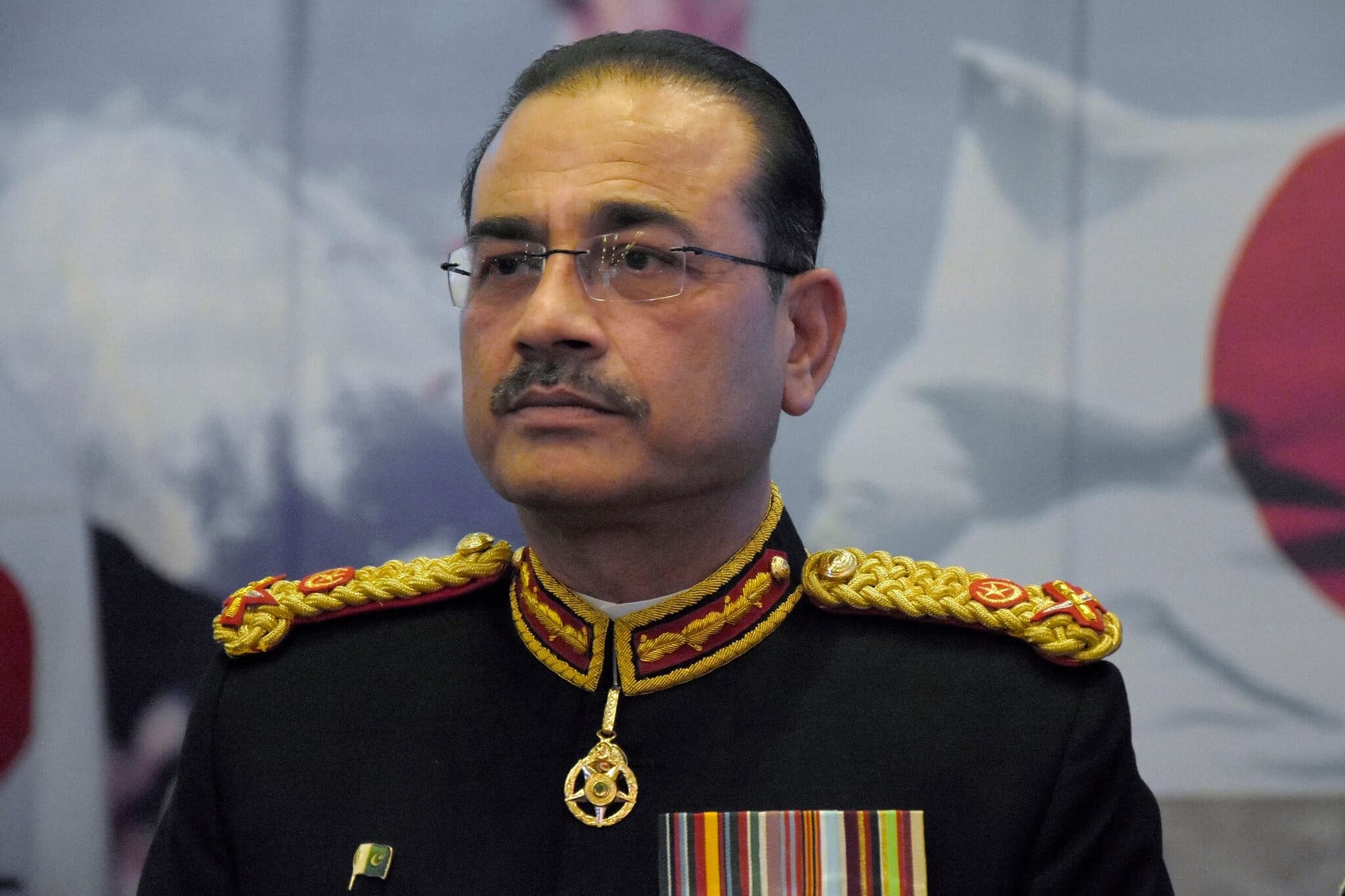
Munir will now control the navy and air force in addition to the army. It also creates a new court with judges selected by the executive branch that will sit above the Supreme Court, which has at times checked the power of the military.
A constitutional lawyer told the Guardian that the move “completely destroys any notion of independence in the judiciary in Pakistan.”
Middle East
Syrian president resets US ties in White House visit
At a meeting this week at the White House, Syria’s President Ahmed al-Sharaa secured key concessions on sanctions relief and security support, Reuters reports. Syria will in turn join the US-led anti-ISIS military coalition, a step towards deepening bilateral cooperation and further integrating Syria into the regional security framework, the New York Times reports.
Al-Sharaa, the first Syrian president to visit the White House, confirmed his country is engaged in US-facilitated talks with neighboring Israel about a diplomatic reset, but insisted Israeli troops should withdraw from Syrian territory as part of the deal.
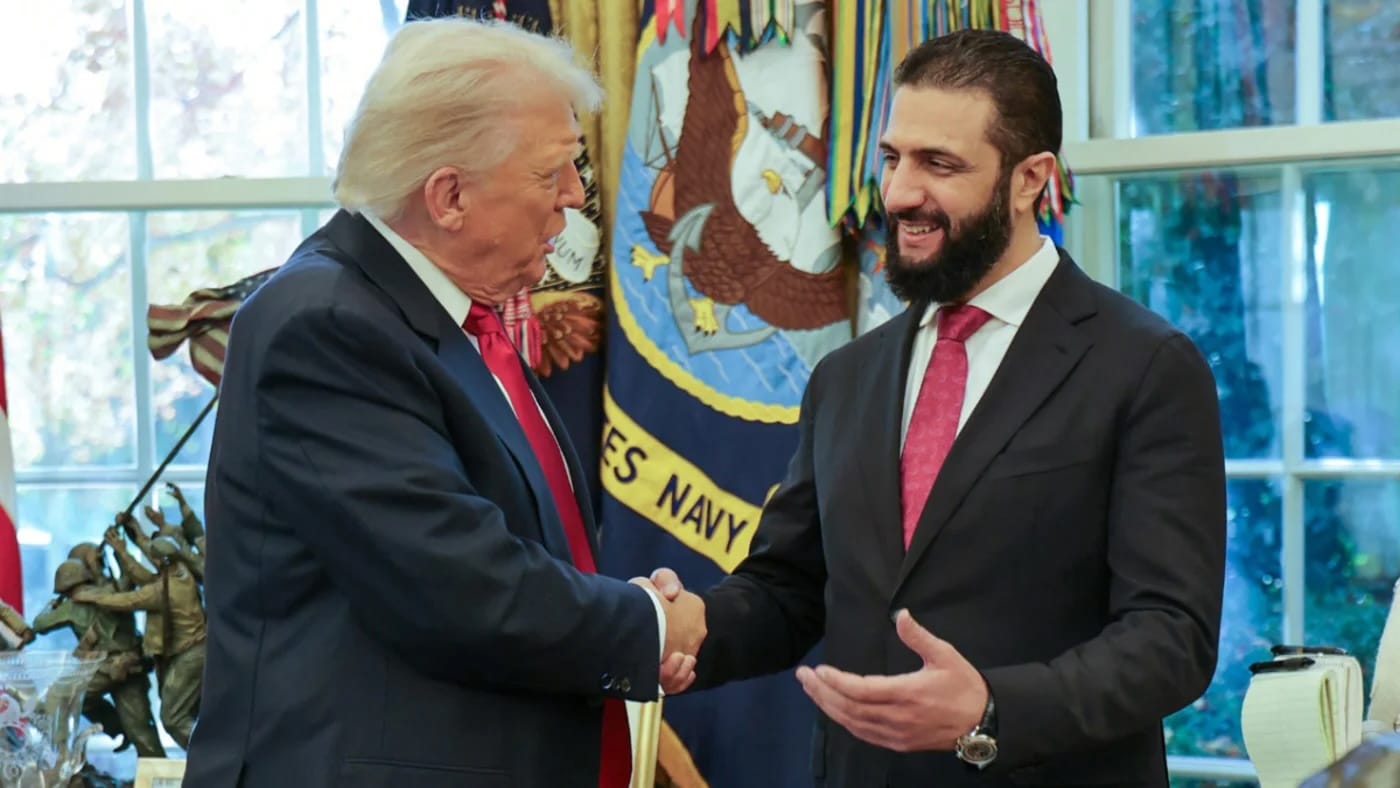
US sanctions relief measures have already allowed technology companies to do business in Syria, facilitating a technology transformation that the new government hopes will turn Syria into a data corridor linking the Middle East to the rest of the world. Tech upgrades in other sectors—for example new, modern gas turbines for more efficient electricity generation—are helping Syria rebuild a stronger, more modern economy than before.
Record drought deepens water crisis in Iran
Iran’s President Mahmoud Pezeshkian this week revealed the country’s water crisis is more acute than previously thought, Reuters reports. Pezeshkian said rationing and even a possible evacuation of the capital Tehran could become necessary if the current drought—the worst in 60 years—persists through December.
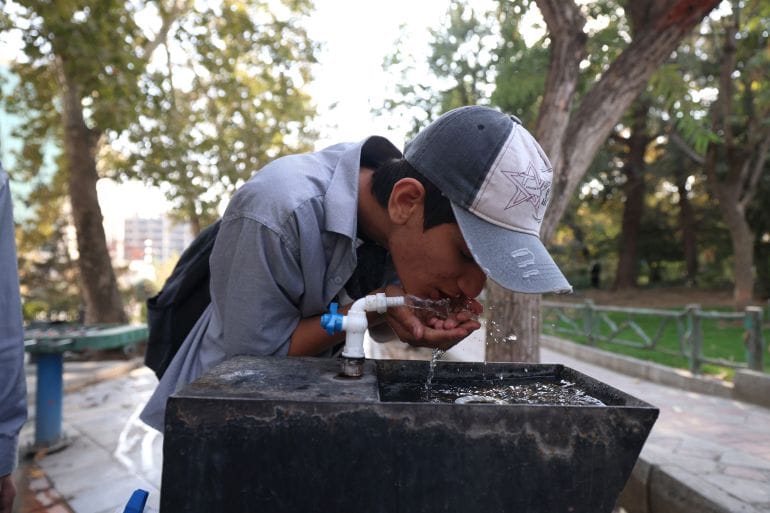
Years of water-resource mismanagement have led to aquifers being depleted and key reservoirs that feed the capital running dry. Tehran has seen the lowest levels of rainfall in more than a century.
Water scarcity has been exacerbating Iran’s economic crisis and hampering its recovery from the brief war with the US and Israel in June. In Tehran itself, the country’s largest economic hub, residents are hoarding water, heightening long-standing tensions over economic inequality as wealthier citizens turn to solutions such as storage tanks and expensive water delivery unavailable to the poor.
Europe
Trump exempts Hungary from Russian oil sanctions
The US this week exempted Hungary from US sanctions on Russian oil after President Donald Trump hosted Prime Minister Viktor Orbán in the White House, the FT reports. Trump cited Hungary’s difficulty in acquiring oil from other sources as the reason for the exemption, and suggested Orbán’s cooperation could help end the war in Ukraine.
As part of the arrangement, Hungary will also buy hundreds of millions of dollars’ worth of US natural gas, the BBC reports.
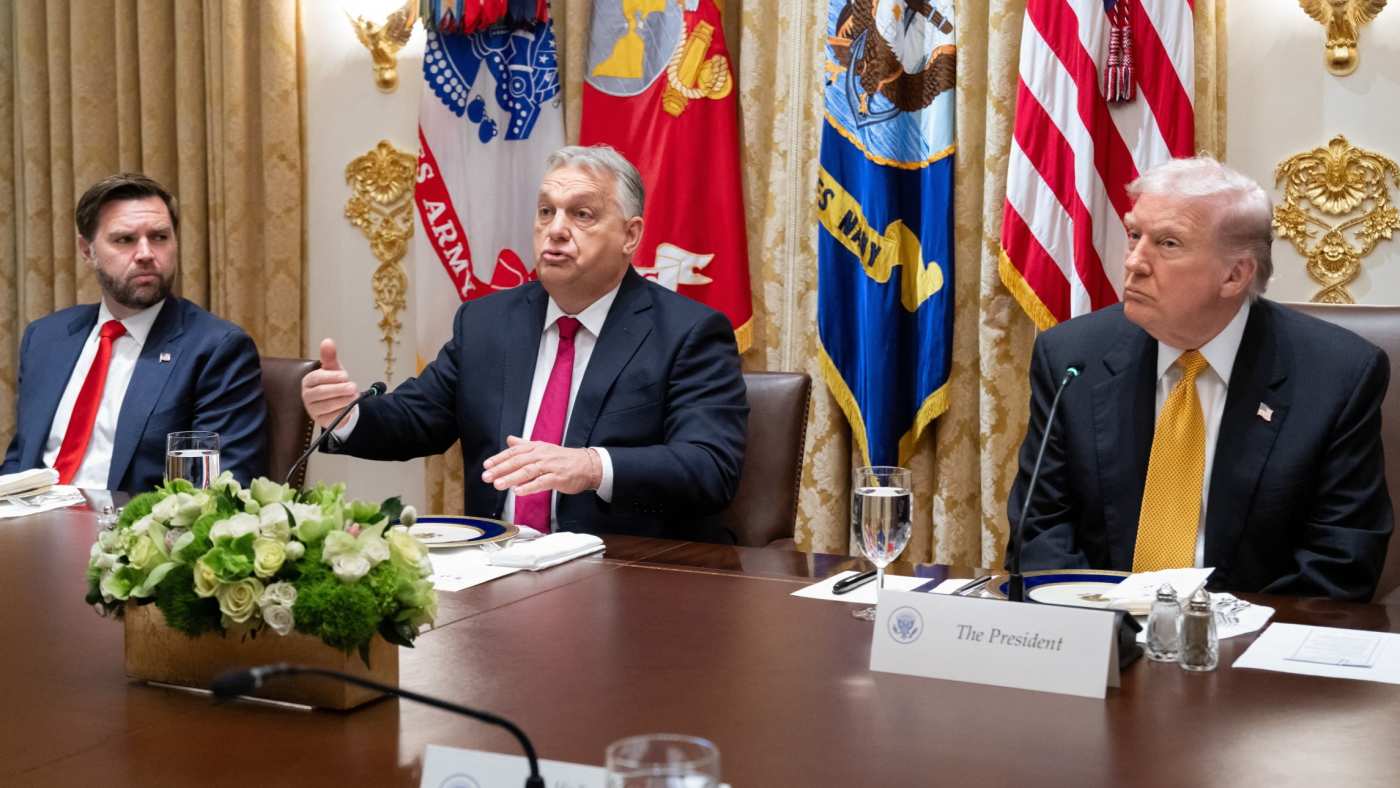
Bulgaria, Romania and Serbia took measures to help their countries avoid or offset the economic cost of US sanctions on Russian oil. Bulgaria and Romania are working to establish control of Russian-owned oil assets in their country. Russian companies in Serbia requested a one-year delay on the sanctions from the US Treasury Department as they seek to sell their stakes in Serbia’s oil company, NIS.
Ministers fired amid Ukraine corruption probe
Ukraine’s President Volodymyr Zelenskyy this week asked the country’s justice and energy ministers to step down amid investigations into wartime corruption, the FT reports. Additionally, Timur Mindich, a businessman who co-owns Kvartal 95, an entertainment company he founded with Zelenskyy, was identified as the suspected ringleader of the corruption scheme.

The investigation, which charged officials with money laundering, forced-kickbacks on state contracts, and other abuses of office, expanded this week as Ukraine’s National Anti-Corruption Bureau carried out 70 property searches.
Turkey flexes growing diplomatic muscle
Turkey’s foreign minister Hakan Fidan made a surprise appearance during US President Donald Trump’s meeting this week with Syrian President Ahmed al-Sharaa, Al Monitor reports. In a move that demonstrated Turkey’s growing diplomatic clout, Fidan also joined US Secretary of State Marco Rubio and Vice President JD Vance in discussions over the role the US will play in helping Syria shore up its economy and internal security.
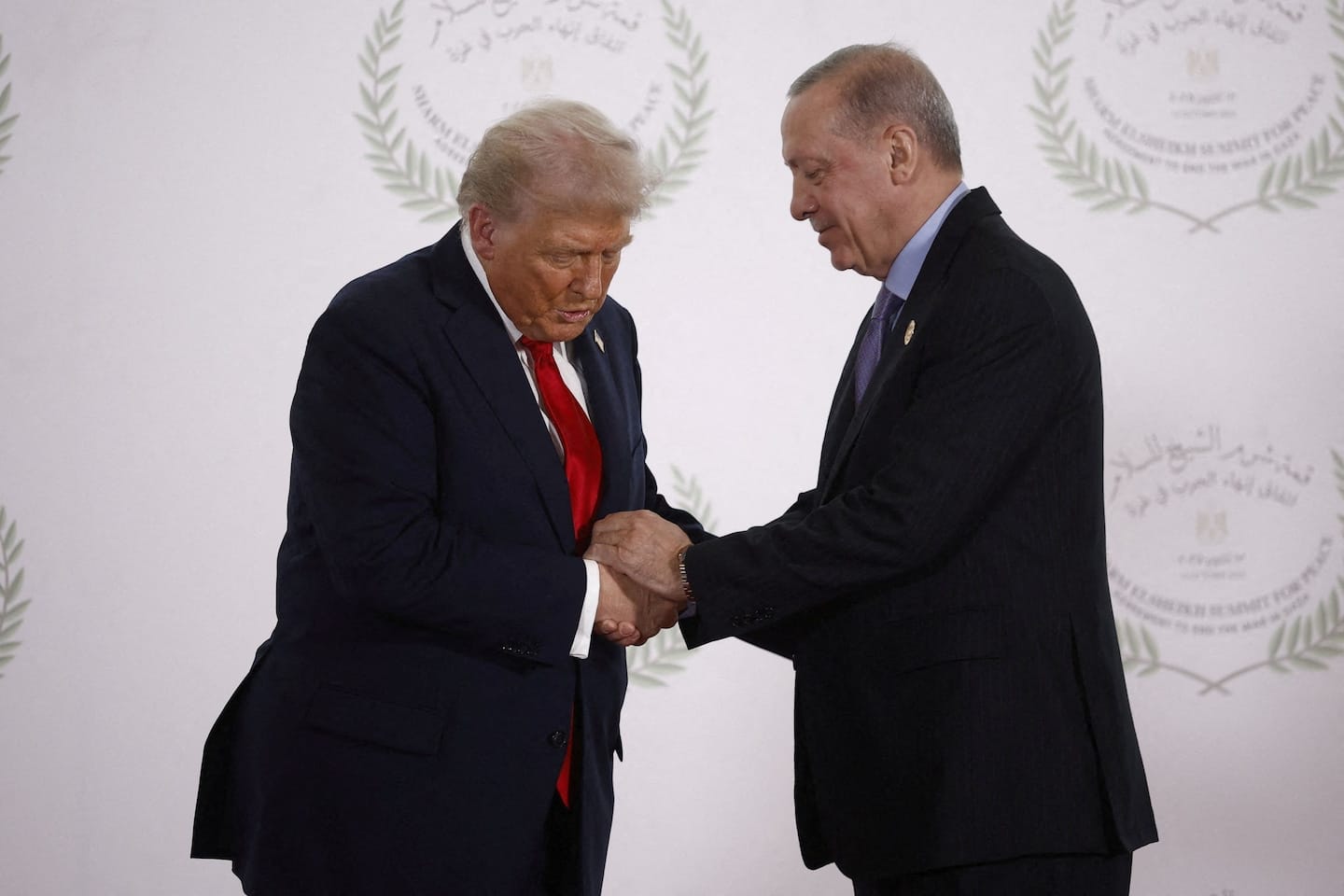
Trump has increasingly looked to Turkey as a partner in the Middle East. His peace plan for the Palestinian Territories, for example, includes Turkey as an on-the-ground stabilization force. Turkey has been amassing 2,000 troops in anticipation of joining the mission in recent weeks, according to the Middle East Eye.
Prior to his meeting with White House officials, Fidan announced a plan to open more diplomatic missions. Turkey already has the third-largest number of diplomatic missions in the world, only after the US and China.
Latin America
US to cut tariffs on Ecuador, Argentina, Guatemala and El Salvador
Washington is seeking to deliver price relief to American consumers by removing tariffs on selected imports from four Latin American countries while winning expanded market access for US exporters, Reuters reports. The framework agreements with Argentina, Ecuador, Guatemala and El Salvador are part of President Donald Trump’s effort to address voter concerns about high food costs after recent Republican losses in state and local races.
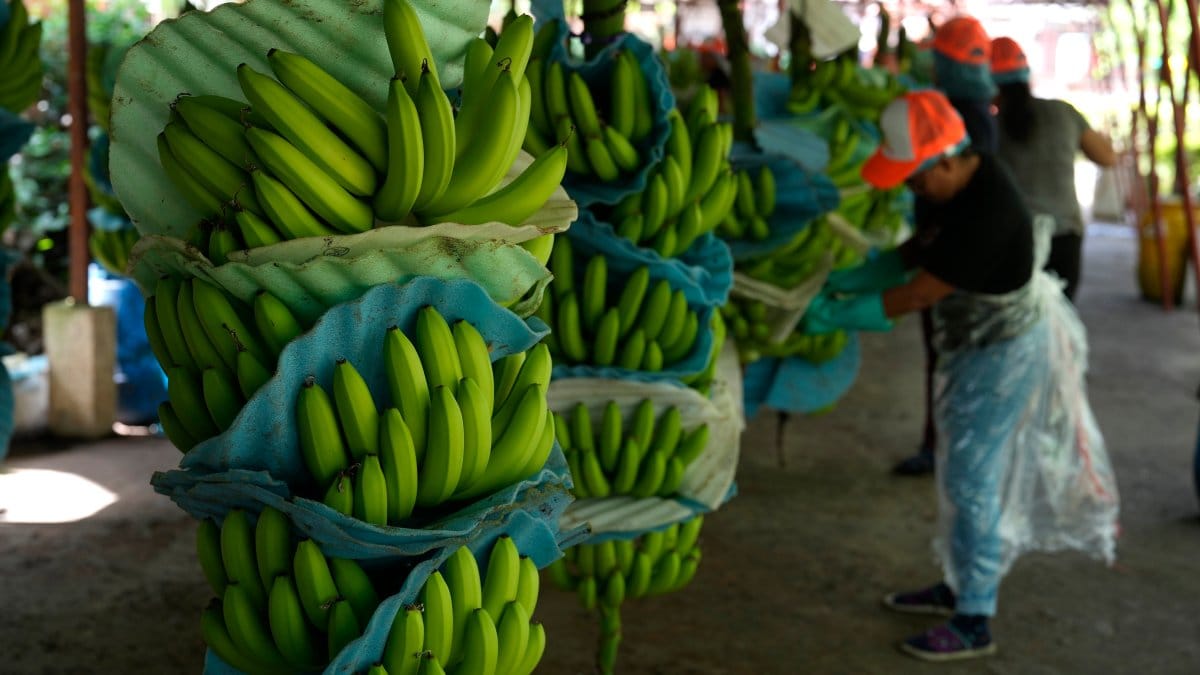
The Latin American countries will lower or remove barriers for US agricultural goods, machinery, medical devices and vehicles. They will also adopt US auto and safety standards, streamline certification rules and commit to stronger labor enforcement.
Ecuador and Guatemala have agreed to deepen cooperation on investment security and non market practices that US officials frequently associate with China.
The agreements are politically useful for both sides. They give Trump a tangible affordability initiative and provide leaders such as Argentina’s Javier Milei and El Salvador’s Nayib Bukele with visible support from Washington.
Argentina lowers barriers to mining
Argentina’s President Javier Milei is accelerating an effort to convert the country’s vast copper reserves into a new engine of foreign investment, the Wall Street Journal reports. After gains in last month’s midterm elections strengthened his political footing, Milei is rewriting investment rules in a bid to lure global miners that long avoided Argentina because of volatile policy and tight foreign exchange controls.
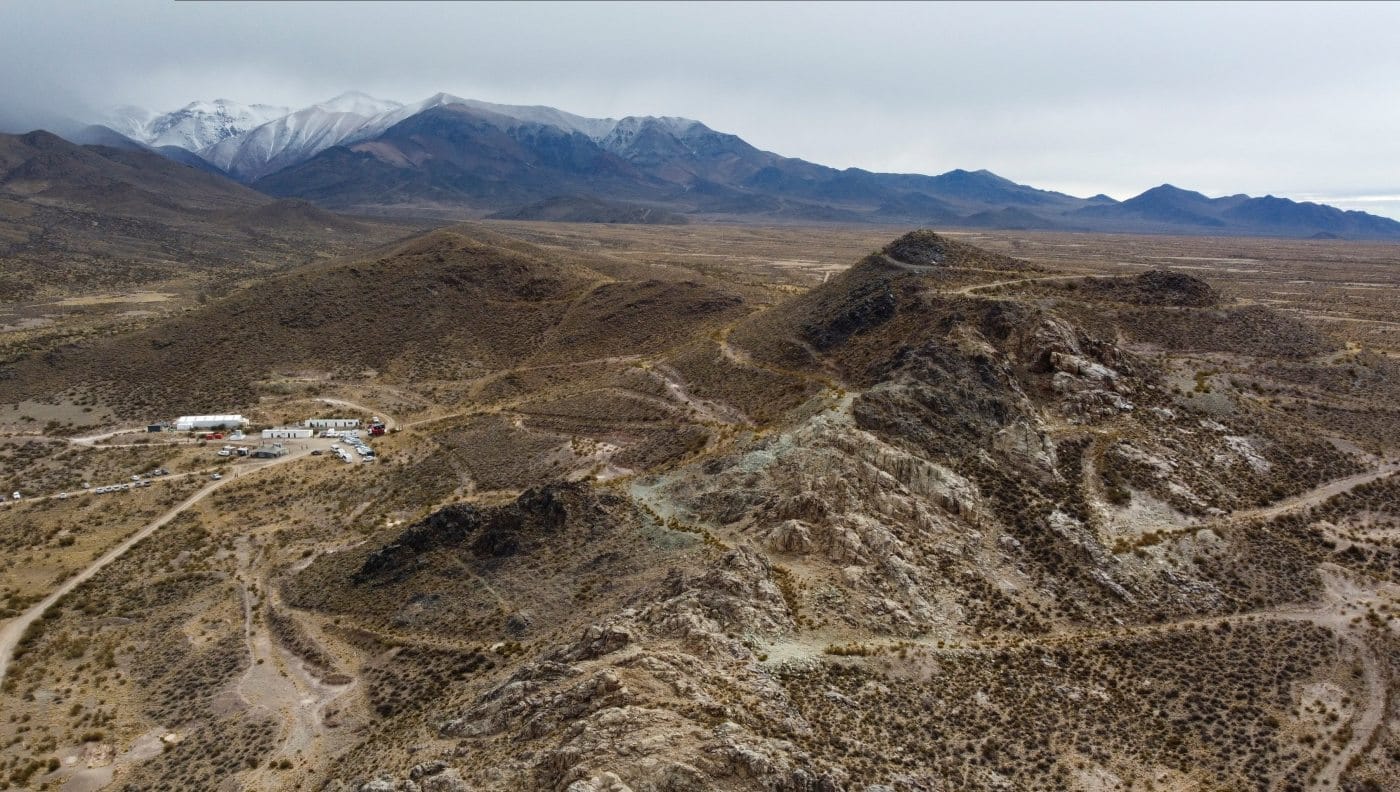
Glencore, BHP and First Quantum are advancing eight copper projects that could require as much as $26 billion in capital. If completed, these sites could produce more than one million tons of copper per year by 2035, placing Argentina among the world’s top five suppliers.
The government’s promises of tax stability for three decades and fewer currency restrictions are central to its push to attract more investment. But local circumstances, such as a national law limiting mining near glaciers, weak infrastructure in the Andes and deep community mistrust after past contamination scandals, are still hindering development.
Environmental leaders reconsider oil exploration
Peru and Costa Rica are reassessing their energy strategies as pressure grows to favor economic growth over environmental preservation. In Peru’s northern Amazon, oil firm Petroperu is trying to revive production for its upgraded Talara refinery, a $6.5 billion project that now needs secure supply. Indigenous communities say pollution from decades of spills has never been fully remediated, and they view new drilling plans with suspicion.
Reviving Peru’s flagship fields could lift output, but regulatory setbacks and operator disputes have stalled progress. Indigenous groups that once shut down facilities through strikes say they will do so again if promised benefits are not delivered, Reuters reports. Regulators have recorded hundreds of environmental infractions in the region since 2011, further complicating any revival.
Costa Rica faces a different type of pressure. President Rodrigo Chaves has signaled interest in reopening gas and oil exploration even though the country markets itself as a global environmental leader, the Observer reports. The debate illustrates a wider tension in Latin America where governments facing fiscal strain are weighing hydrocarbon revenues against environmental obligations and community resistance.
What We’re Reading
Energy consortium secures $50bn to build Africa’s second-largest refinery in Nigeria (African Business Insider)
Liberia achieves historical fiscal leap (AllAfrica)
$6bn in Chad investment deals ‘inked at UAE forum’ (Barrons, AFP)
World Bank withholds loan from Kenya over fiscal and governance reforms (Trading Room Kenya)
S&P raises Uganda outlook to positive on stronger growth (FiA)
Tanzania president names new prime minister after disputed election (Reuters)
DRC suspends operations of Chinese mining company over pollution (Business & Human Rights Center)
Mercuria sizes up DRC coltan mine as Trump pursues peace deal (Bloomberg)
World Bank signs $430mn deal to boost Tunisia power sector (Barrons)
Disruptions hit Bangladesh after ousted PM Hasina calls for protests (AP)
Thailand suspends peace deal with Cambodia after border tensions reignite (CNN)
US sanctions Myanmar rebel group over links to scams (Reuters)
Saudi Arabia, Iraq and Kuwait to ‘increase oil supplies’ to India (Reuters)
Chinese firm plans first auto factory in Oman (AGBI)
Bahrain reforms investment laws to attract foreign wealth (Semafor)
German exports to Eastern Europe grow while business with China and the US decline (Reuters)
Citi sees rich opportunity in Venezuela debt play (Reuters)
Cuba accuses US-funded media outlet of ‘economic terrorism’ (Reuters)
Peru holds key rate as inflation slows further below target (Bloomberg)
Peru eyes more Chinese investment after Chancay Port boost (China Daily)
Over 64,000 new formal jobs created in Paraguay this year (Mercopress)
Uruguay lands $300mn IDB loan (LatinFinance)
US drew $900mn from IMF account as Argentina debt payment loomed (FT)
We are committed to providing FMN readers with a free weekly digest of politically unbiased, succinct and clear news and information from frontier and small emerging markets.
Please consider becoming a paid supporter to help cover some of our costs and support our continued development of sharp markets-focused coverage and new informational products. Paid subscribers will also gain exclusive access to our quarterly EM/FM report that aggregates EM insights from 25 major banks, international institutions and consultancies.






